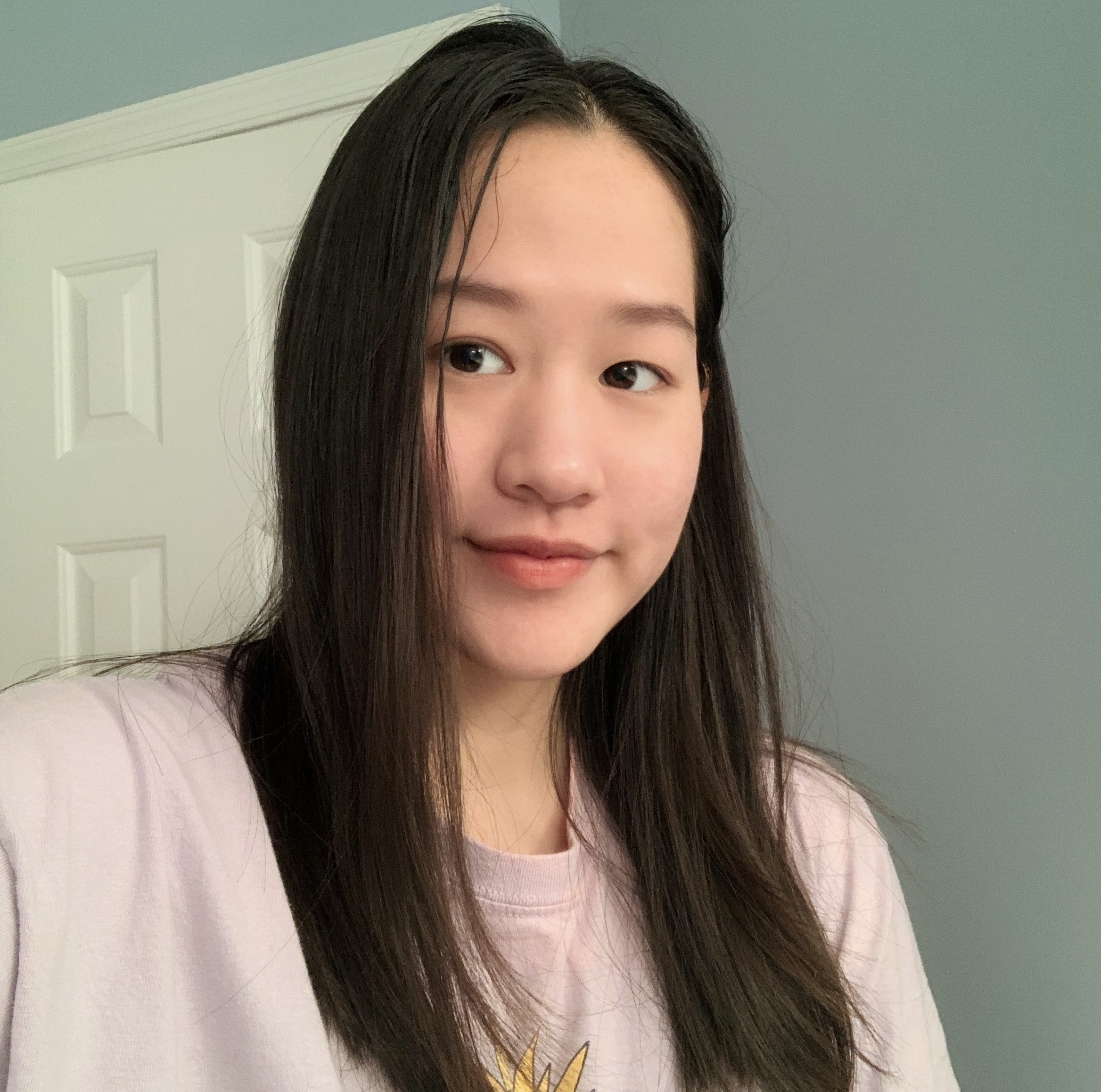Abstract:
Plastic pollution is everywhere nowadays. It consists of wrappers, utensils, bottles, and countless other single-use items. Many of these items we use to store food, fluids, and medication even tend to shed nano and microplastics when exposed to heat or chemical stress. Plastic is typically classified as a non-biodegradable substance. However, some bacteria have proven themselves to be capable of metabolizing plastics. In this experiment, we sought to isolate novel plastic-degrading bacteria from soil collected at Long Lane Farm in Middletown, CT. To do so, we modified Winogradsky columns by placing plastic at four different layers in order to separate four types of bacteria based on their ability to process oxygen: aerobic, microaerophilic, facultative anaerobic, and obligate anaerobic bacteria. By the end of the summer, we were able to isolate 146 potential plastic degraders from non-autoclaved soil. We isolated 26 samples from the aerobic layer (S1), 37 from the microaerophilic (S2), 45 from the facultative anaerobic (S4), and 38 from the hypothetically obligate anaerobic (S4). At this stage, we have been able to identify some of the strains (Figure 1 below). The goal of this research is to find an effective method of removing plastic pollutants from the environment.
Figure 1
| Sample name | Location in Winogradsky Column | BLAST Result |
| Wc-015 | S3 | Bacillus aryabhattai |
| Wc-021 | S2 | Bacillus aerius |
| Wc-039 | S1 | Bacillus pumilus |
| Wc-092 | S4 | Bacillus megaterium |
| Wc-112 | S3 | Neisseria sicca |
Video:
Live Poster Session:
Thursday, July 29th 1:15-2:30pm EDT



